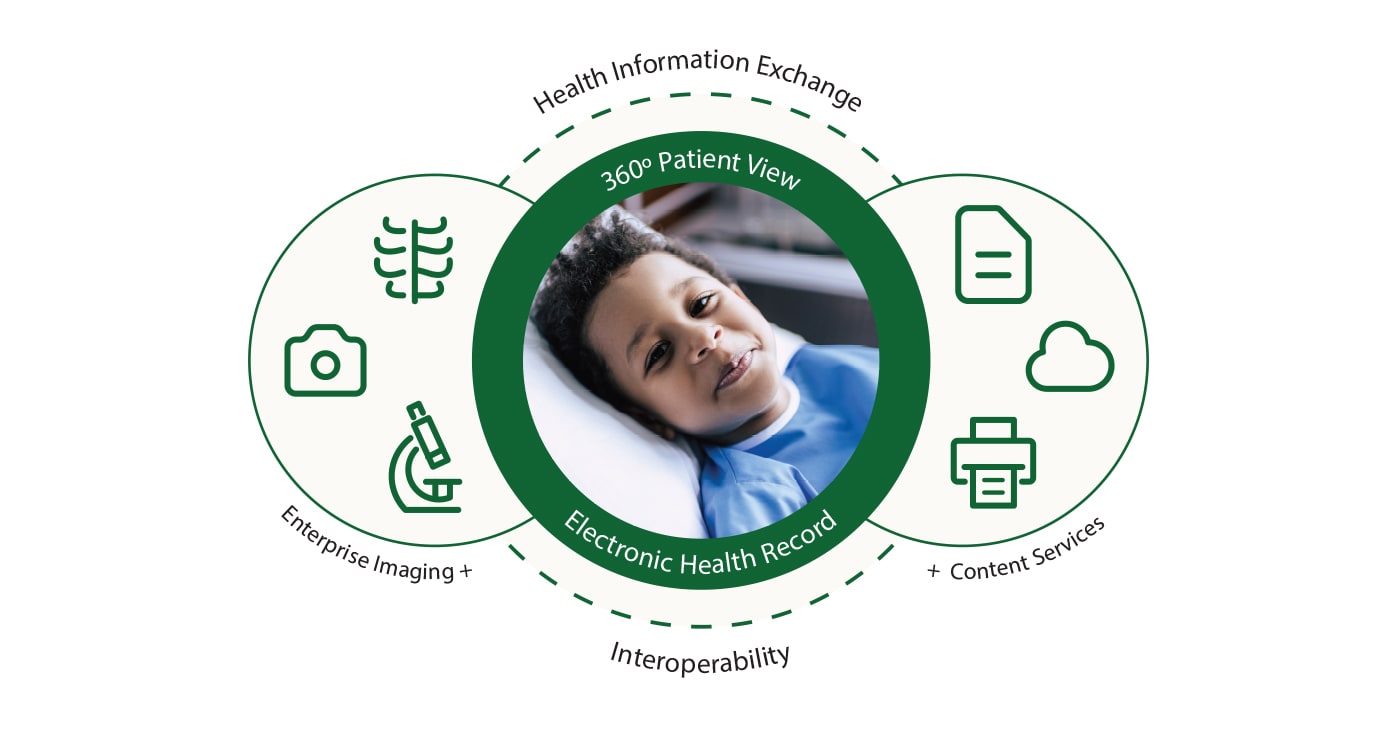Why Healthcare RCM is Important for Financial Health in Medical Practices
Why Healthcare RCM is Important for Financial Health in Medical Practices
Blog Article
Recognizing the Function of Healthcare RCM in Enhancing Economic Performance and Person Complete Satisfaction
Navigating the ins and outs of Medical care Revenue Cycle Management (RCM) is vital for achieving ideal financial performance while at the same time boosting patient complete satisfaction. RCM's capacity to streamline billing, guarantee specific coding, and expedite cases refining stands as a keystone of modern-day healthcare operations. However, the nuanced interaction in between these elements warrants a more detailed assessment to fully value their effect on both medical care companies and individuals. As we check out the transformative potential of RCM, questions regarding its strategic application and future improvements beckon, encouraging understandings that might redefine market criteria and patient experiences alike.

Secret Parts of RCM
In the facility landscape of medical care, Earnings Cycle Administration (RCM) is pivotal in making certain financial stability and functional efficiency. Person registration and qualification confirmation are foundational steps, making sure that accurate patient info is caught and insurance policy coverage is verified prior to services are made.

Cost capture is another important element, including the precise recording of solutions provided to people. It ensures that all billable solutions are represented, consequently maximizing revenue capacity. Simultaneously, medical coding translates patient encounters into standardized codes, which are vital for invoicing and regulative conformity.
Cases entry and administration follow, involving the prep work and submission of insurance claims to payers. This process calls for thorough focus to detail to lessen mistakes and prevent delays. Denial administration is a proactive approach to fix and attend to rejected insurance claims, protecting income streams.
Last but not least, settlement posting and individual collections complete the cycle, ensuring settlements are precisely videotaped and outstanding balances are pursued. With each other, these components develop a robust framework that supports the monetary and operational wellness of medical care organizations.
Impact on Financial Efficiency
Effective Revenue Cycle Management (RCM) considerably influences a health care company's financial performance by optimizing capital and reducing revenue leak. RCM incorporates the thorough payment and collection procedures that ensure healthcare carriers effectively manage their monetary purchases from individual registration to last payment. By improving these procedures, organizations can decrease refuted claims, expedite repayment cycles, and enhance overall economic health.
Monetary efficiency is boosted via thorough management of payment treatments, which involves exact coding and prompt entry of insurance claims. This lowers the possibility of case denials and rejections, which can dramatically hinder revenue circulation if not attended to promptly. Furthermore, integrating advanced innovation remedies assists in real-time tracking of claims and financial metrics, giving healthcare administrators with the tools essential to make educated tactical choices.

Enhancing Patient Contentment
While optimizing financial performance is a key goal of Income Cycle Management (RCM), it also plays a critical role in boosting client complete satisfaction. People today demand transparency, performance, and precision in their medical care interactions. RCM systems improve these processes, offering people a seamless experience from appointment organizing to repayment. By reducing administrative problems, RCM allows doctor to concentrate extra on person treatment, which straight improves individual contentment.

RCM additionally improves client fulfillment with reliable interaction. By keeping an extensive database of person details, RCM assists in boosted interaction in between people and health care suppliers, making sure patients really feel informed and valued.
Techniques for Reliable RCM
Achieving reliable Earnings Cycle Administration (RCM) needs health care companies to implement a set of strategic techniques that ensure monetary stability and operational performance. One critical method is the adoption of technology-driven remedies, such as incorporated software systems that simplify billing procedures, decrease errors, and enhance data accuracy. These systems allow real-time monitoring of financial metrics, allowing for punctual identification and correction of inefficiencies.
Another approach is the standardization of procedures across the income cycle. Healthcare RCM. This includes establishing constant policies for patient enrollment, weblink insurance coverage verification, and claims processing. By ensuring that all team comply with these criteria, companies can quicken and lessen discrepancies payment collections
Team training and growth likewise play an essential function in effective RCM. Trained workers can successfully browse complex payment procedures and guidelines, boosting and lowering rejections cash circulation. Routine updates on policy changes and best techniques assist keep a educated and competent labor force.
Future Trends in RCM
As health care organizations improve their Income Cycle Monitoring (RCM) techniques with innovation and standard processes, attention is now turning towards the future fads shaping this critical location. One significant trend is the assimilation of man-made knowledge (AI) and equipment discovering to automate intricate jobs, such as claims processing and predictive analytics. These technologies are expected to reduce mistakes, accelerate purchase times, and supply data-driven insights for far better decision-making.
In addition, the shift in the direction of value-based care proceeds to affect RCM methods - Healthcare RCM. Healthcare providers are anticipated to increasingly concentrate on person end results and fulfillment, requiring RCM systems that can accommodate brand-new reimbursement versions. This shift will certainly call for more thorough data collection and evaluation to properly report and determine on performance metrics
Interoperability is another arising priority, as smooth data exchange in between inconsonant systems becomes vital. Enhanced interoperability will certainly promote even more exact client information sharing, lowering management concerns like it and improving the person experience.
Conclusion
Health Care Income Cycle Monitoring (RCM) dramatically influences both financial efficiency and patient complete satisfaction by maximizing invoicing processes, making sure accurate coding, and making it possible for timely claims entry. Effective RCM decreases profits leakage and accelerates cash money flow, decreasing insurance claim rejections and accelerating payments.
Navigating the complexities of Healthcare Income Cycle Administration (RCM) is necessary for achieving optimal monetary efficiency while Our site all at once elevating patient satisfaction. RCM incorporates the thorough billing and collection processes that ensure medical care carriers successfully handle their monetary deals from client registration to last payment. By decreasing administrative worries, RCM allows health care carriers to focus much more on person care, which straight boosts patient complete satisfaction.
By preserving a comprehensive database of patient details, RCM helps with improved interaction between individuals and health care carriers, making certain people really feel informed and valued.Healthcare Earnings Cycle Management (RCM) significantly influences both financial efficiency and individual satisfaction by maximizing payment procedures, making sure exact coding, and making it possible for timely insurance claims entry.
Report this page